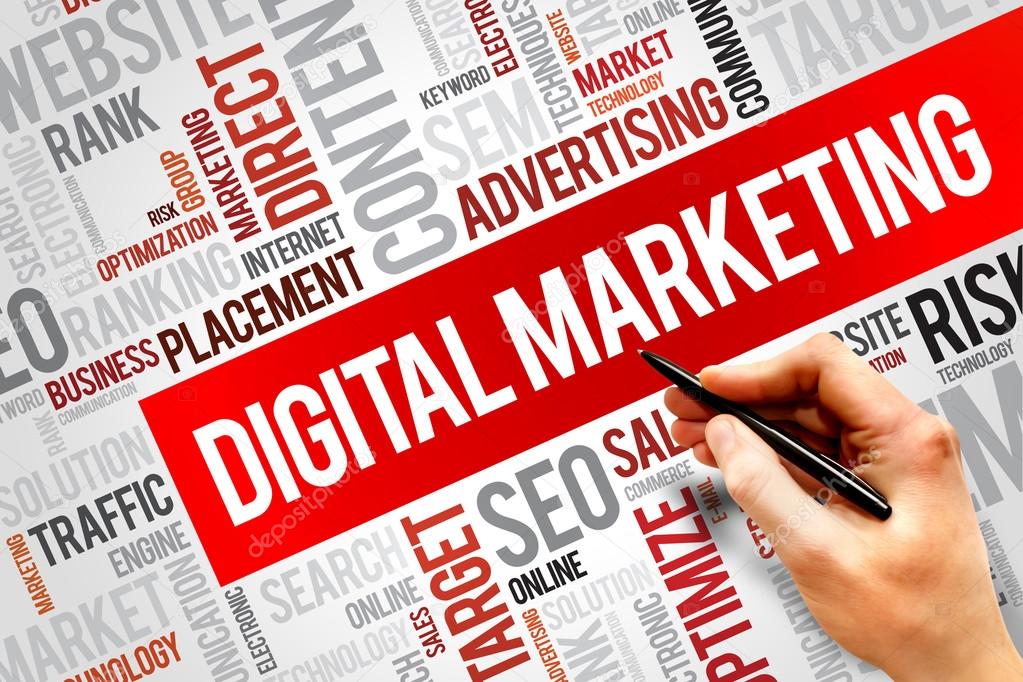Breaking News: Impact on Digital Marketing
In the fast-paced world of digital marketing, staying informed about the latest news and trends is crucial for adapting strategies, seizing opportunities, and maintaining competitive advantage. As the landscape continues to evolve, new developments can significantly impact how businesses connect with audiences and achieve marketing goals. Here’s a roundup of the most recent digital marketing news that could shape your approach in the months ahead.

1. Emergence of AI-Powered Marketing Solutions
Artificial Intelligence (AI) continues to revolutionize digital marketing with its ability to analyze vast amounts of data, personalize customer experiences, and automate processes. Recent advancements in AI-powered tools, such as predictive analytics, chatbots, and recommendation engines, are enabling marketers to enhance targeting precision, optimize ad campaigns, and deliver hyper-personalized content in real-time.
2. Privacy Updates and Impact on Data Collection
Amid growing concerns over data privacy, major platforms like Google and Apple have introduced stricter privacy policies and measures. Updates such as Apple’s App Tracking Transparency (ATT) framework and Google’s phasing out of third-party cookies are reshaping how marketers collect, track, and utilize consumer data for targeting and measurement. Marketers are adapting by focusing on first-party data strategies, consent-driven approaches, and alternative attribution models.
3. Rise of Video Content and Short-form Video Platforms
Video continues to dominate as a preferred content format across social media platforms and websites. The popularity of short-form video content on platforms like TikTok and Instagram Reels is driving engagement and reshaping content strategies. Marketers are leveraging these platforms to reach younger audiences, drive brand awareness, and foster authentic connections through creative and visually compelling video campaigns.
4. Evolving SEO Practices with Core Web Vitals
Google’s emphasis on Core Web Vitals as a ranking factor underscores the importance of user experience in SEO. Websites that prioritize factors like page loading speed, interactivity, and visual stability are likely to rank higher in search results. Marketers are optimizing websites accordingly, focusing on mobile responsiveness, minimizing page load times, and improving overall site performance to enhance user satisfaction and SEO performance.
5. Influencer Marketing Strategies and Authenticity
Influencer marketing continues to be a powerful tool for brands to reach targeted audiences through trusted voices. However, there is a growing emphasis on authenticity and transparency in influencer partnerships. Recent trends show a shift towards micro-influencers with niche followings, long-term ambassadorships, and collaborations that align closely with brand values. Marketers are investing in genuine relationships that resonate with audiences and drive meaningful engagement.
6. Impact of COVID-19 on Consumer Behavior
The ongoing global pandemic has accelerated digital transformation and reshaped consumer behavior significantly. E-commerce adoption has surged, prompting brands to enhance their online presence, optimize digital storefronts, and implement omnichannel strategies. Marketers are focusing on agile marketing tactics, empathetic messaging, and flexible approaches to meet evolving consumer needs and expectations in a post-pandemic landscape.
7. Advancements in Marketing Automation and Personalization
Marketing automation platforms are evolving with enhanced capabilities for workflow automation, lead nurturing, and personalized customer journeys. AI-driven technologies enable marketers to segment audiences dynamically, deliver targeted content based on behavior and preferences, and optimize conversion rates across multiple channels. The integration of data-driven insights is empowering marketers to create seamless, personalized experiences that drive engagement and loyalty.
8. Expansion of Social Commerce and Digital Wallets
Social commerce continues to gain traction as social media platforms integrate shopping features directly into user experiences. From Instagram Shopping to Facebook Marketplace and Pinterest’s shopping capabilities, brands are leveraging these platforms to drive sales, enhance product discovery, and facilitate frictionless transactions. The integration of digital wallets and payment options further streamlines the purchase process, catering to the growing demand for convenience and immediacy.
9. Importance of Sustainable and Purpose-Driven Marketing
Consumers are increasingly prioritizing brands that demonstrate social responsibility, sustainability practices, and ethical values. Purpose-driven marketing initiatives that support environmental causes, social justice issues, and community engagement are resonating with conscious consumers. Marketers are aligning brand messaging with meaningful causes, advocating transparency, and engaging in corporate social responsibility (CSR) efforts to build trust and loyalty among socially aware audiences.
10. Adapting to Regulatory Changes and Compliance
Marketers are navigating evolving regulatory landscapes, including data protection laws like GDPR and CCPA, as well as emerging regulations impacting digital advertising practices. Compliance with regulatory requirements is paramount to avoid fines and maintain consumer trust. Marketers are partnering with legal experts, implementing robust data governance practices, and prioritizing ethical data handling to ensure compliance while safeguarding consumer privacy and trust.
Stay informed and proactive in adapting these latest digital marketing trends and developments into your strategies. By embracing innovation, prioritizing customer-centric approaches, and leveraging emerging technologies, you can position your brand for sustained growth and success in an increasingly competitive digital marketplace. Watch this space for more updates and insights to help you navigate and thrive in the ever-evolving world of digital marketing.


